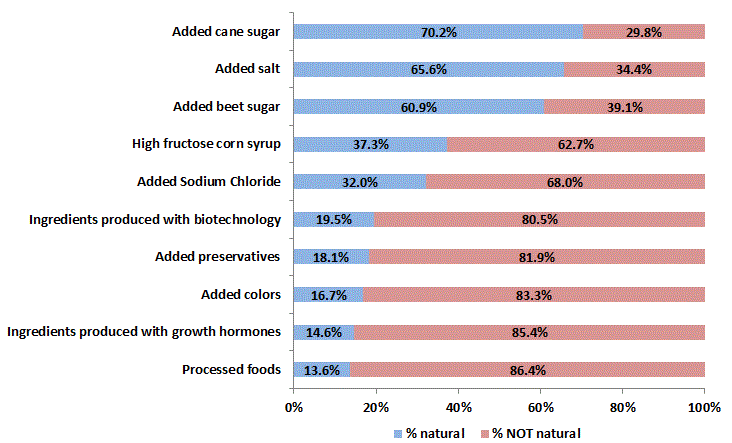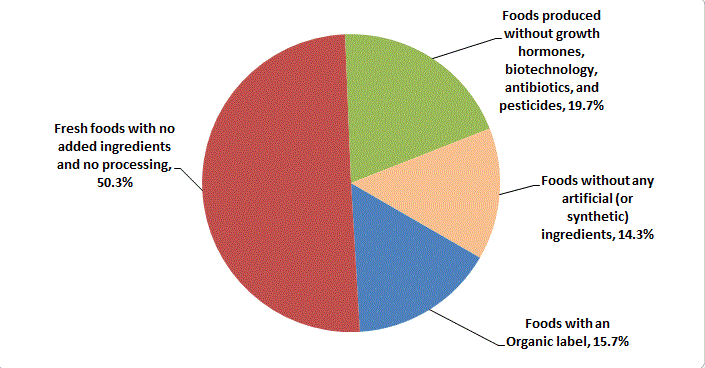The Environmental Working Group (EWG) lists on their web site a ranking of the relative environmental impact (measured in terms of greenhouse gas emissions) of different foods. The table is based on life-cycle analysis (LCA) conducted by a company called Clean Metrics.
I'm not an expert on LCA and I haven't dug into the detail on how Clean Metrics conducted the analysis. Thus, I won't comment for now on the relative ranking of the different foods and commodities.
However, I find the labeling on the EWG's prominent graph highly misleading. The reason is that the chart repeatedly says things like:
choose organic; buy organic; avoid growth hormones
Here is the problem. The research doesn't actually support the claim that these urgings would actually lower greenhouse gas emissions. In fact, by their own admission, the EWG reveals that:
The lifecycle assessments are based on conventional rather than pasture-based or organic systems of food production. . . we were unable to identify definitive studies and widely accepted methodologies assessing greenhouse gas emissions from pasture-raised, organic or other meat production systems.
So, the analysis didn't actually study the greenhouse gas emissions of organics or pasture-raised!
Moreover, when we look at the words of the company (Clean Metrics) that conducted the study that forms the basis of the EWG chart, we see things like:
There is not a strong correlation between organic food production methods and lower carbon footprints.
and
On balance, grass-fed animal products from ruminants are likely to have higher carbon footprints compared to products from conventionally housed/fed animals.
Also, when we look at the research on growth hormones, like in this Journal of Animal Science article, we find
Manure output increased by 1,799 × 10^3 t as a result of [growth -enhancing technologies - primarily growth hormones] withdrawal, with an increase in carbon emissions of 714,515 t/454 × 10^6 kg beef
and this article in the Proceedings of the National Academies of Science shows that the use of the growth hormone rBST in milk could reduce greenhouse gas emissions.
Now, the EWG may have other reasons for advising against consuming foods with growth hormones or advising to eat organic over conventional, but I find it misleading to make these claims in a prominent graph ranking foods by greenhouse gas emissions.

